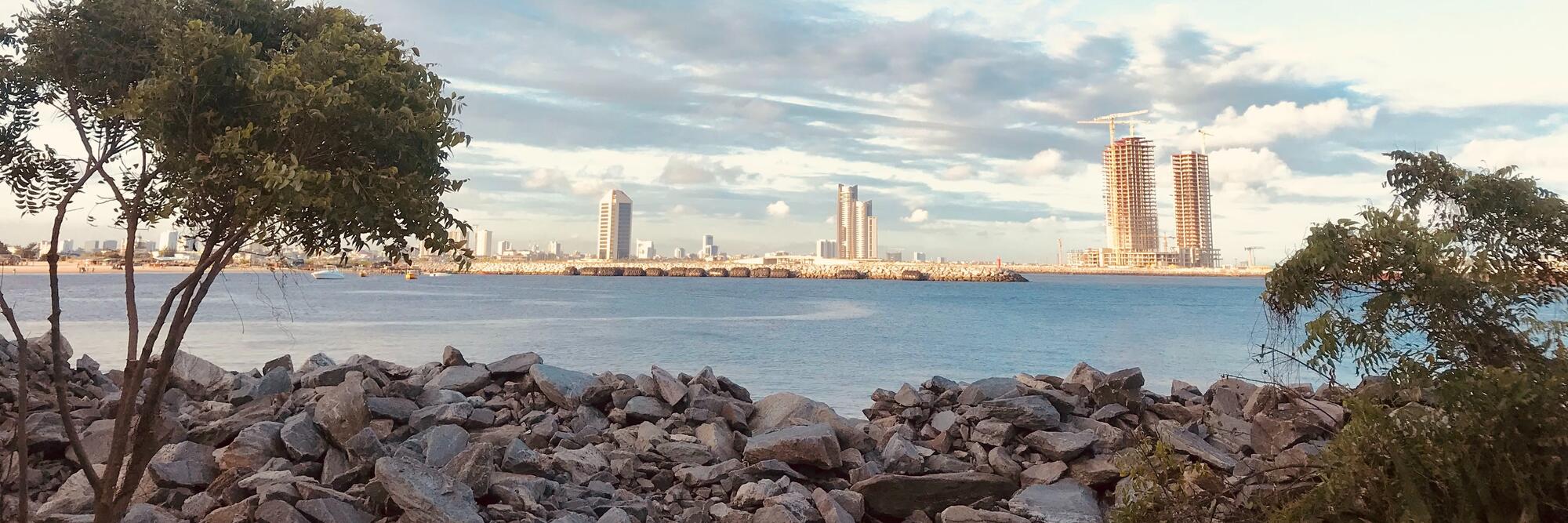Susan is a British governess who left the Queen’s island over thirty years ago for life in the expatriate sphere. Having just moved from Cairo, Egypt, to Abuja, Nigeria, she reflects on the differences between the two African nations and gives expats some insight into what they can expect from life in Nigeria.
Read more about Nigeria in the Expat Arrivals Nigeria country guide or read more expat experiences of Nigeria.
About Susan 
Q: Where are you originally from?
A: Great Britain
Q: Where are you living now?
A: Abuja, Nigeria
Q: How long you have you lived here?
A: Four months
Q: Did you move with a spouse/children?
A: No
Q: Why did you move; what do you do?
A: I was living in Egypt and wanted a change. I am a Governess.
About Abuja, Nigeria
Q: What do you enjoy most about living in Abuja? How’s the quality of life?
A: Abuja is clean and warm, and the people are friendly. I live in quite an exclusive area with a prominent family.
As far as I can see, most expats live in exclusive, expensive areas. That being said, there is a large difference in the way native Nigerians and expats live, noticeably in the accommodation, the food, and the mode of transport used.
Q: Any negatives? What do you miss most about home?
A: One negative is that apart from going to the movies and swimming, there really isn’t anything to do during your time off. Because this is a new capital city (the former being Lagos), it is not geared toward tourists at all; rather, it is the seat of government and caters to local politicians.
Q: Is Abuja safe?
A: I feel it is very safe in Abuja, having just arrived back from the UK, where my bag was stolen within 24 hours of my arrival. Most expats have drivers, and we live in accommodation with 24-hour security. I do go out by myself, but I wouldn’t chance walking around at night.
About living in Abuja
Q: How do you rate the standard of accommodation?
A: The people that I know here live very well - mostly living in large villas. Most expats can afford better accommodation here than in their own country, and generally, employment comes with accommodation.
Q: What’s the cost of living in Abuja compared to home? What is cheap or expensive in particular?
A: I think it is very expensive on the whole. Shoes, clothes and food especially. Alcohol seems to be very cheap.
Q: What are the locals like; do you mix mainly with other expats?
A: I mix with both locals and expats.
Q: Was it easy meeting people and making friends?
A: No, not at all. There’s a lack of places to go. The best way to make friends in Abuja is to join an expat network.
About working in Abuja
Q: Did you have a problem getting a work visa/permit?
A: Not from Cairo, but from the UK, yes. When applying for a Nigerian visa from Egypt, it was easy, and I had it within 3 hours. When applying from the UK, it took six visits to the Embassy before I received it.
Q: What’s the economic climate like in Abuja? Is there plenty of work?
A: No, there isn’t plenty of work in Abuja. Most expats are employed in the education, diplomatic, or hospitality sector. There are a lot of construction contract workers here as well. You definitely need to have secured a position before relocating.
Q: How does the work culture differ from home?
A: It is very formal here; people are quite polite and work long hours. Nigeria is a very religious country, and Sunday is for church. I believe that Nigerians enjoy their leisure time as they work so hard.
Family and children
Q: What are the schools in Nigeria like? Any particular suggestions?
A: I only know the international schools, which seem well run, but I know nothing about the government schools. AIS Abuja is probably the best school here. The standards seem quite high, but not on par with the UK or the USA.
Q: How would you rate the healthcare in Nigeria?
A: Easy to get, expensive, and the hospitals are none too clean. Doctors do speak English. There are some private hospitals here, but they are very expensive. In an emergency, I would recommend going home.
And finally…
Q: Is there any other advice you like to offer new expat arrivals?
A: Be prepared for a big change.
– Interviewed February 2011



